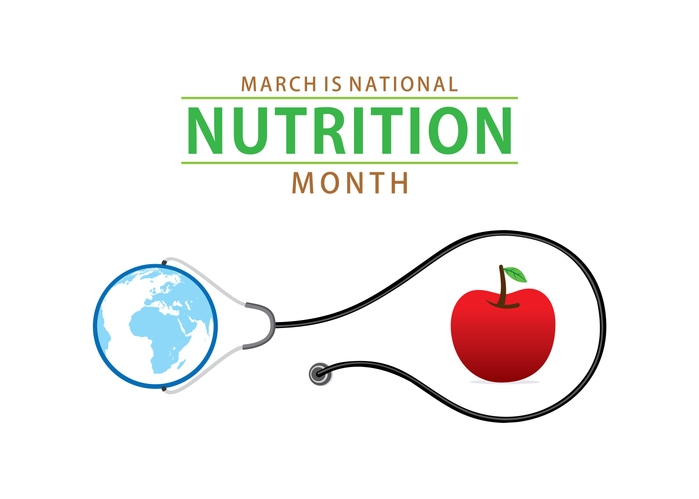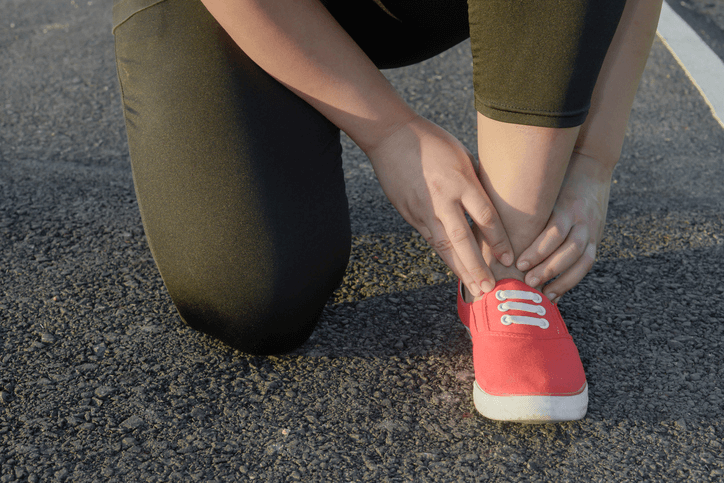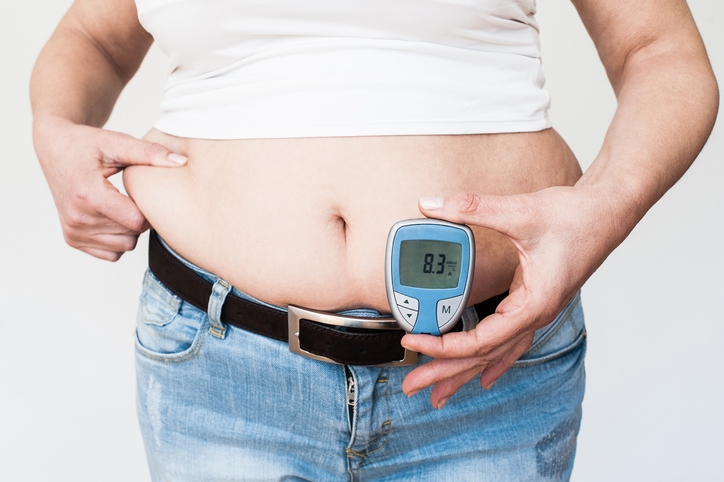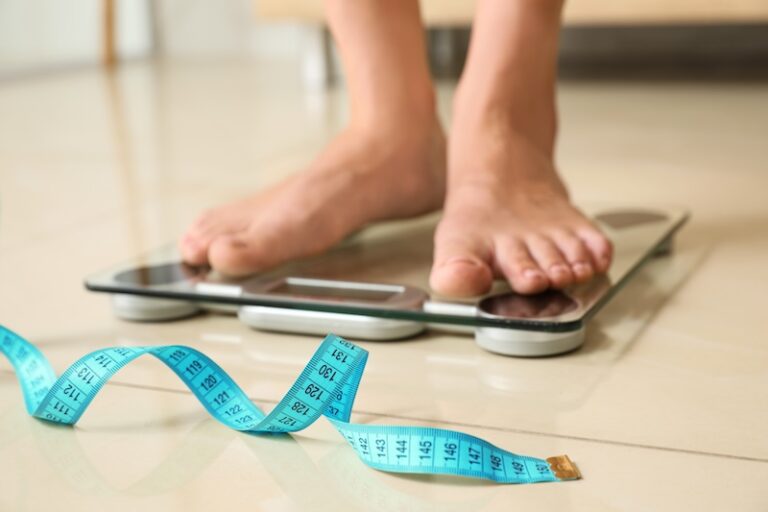March Is National Nutrition Month
March is National Nutrition Month® and there’s no better time to take steps to improve your nutrition. Nutrition month got its start as “National Nutrition Week” back in 1973 with members of the American Dietetic Association, now known as the Academy of Nutrition and Dietetics. In 1980, it was expanded into a month-long campaign to build public awareness about healthy eating and dietetics.
This year’s nutrition month theme is “Personalize Your Plate.” This means that we are all different and that no one nutrition plan fits everyone. Each individual should consult a registered dietitian nutritionist (RDN) for help creating a personalized healthy eating plan that fits their needs.
National Nutrition Month is all about educating the public on the importance of healthy eating choices and physical activity, all with the goal of creating a world where people everywhere thrive through good nutrition.
National Nutrition Month Ideas & Activities
Organizations, groups, schools, and individuals will choose to observe National Nutrition Month in various ways. You may want to take a look at the nutrition month event ideas on the eatright.org website to get some inspiration for your National Nutrition Month activities. The most important part is to take steps to promote healthy eating habits and nutrition in your personal life, among your coworkers, or in your organization.
Some of the ideas you can try when observing good nutrition month include the following:
- Learn to read Nutrition Facts. Knowledge is power. By checking fat content, sugar, and nutrients on foods you buy, you can make healthier choices.
- Use grocery lists stocked with healthy foods. With a grocery list to follow, you’re less likely to impulse buy unhealthy foods. Checking items off a list is also highly satisfying!
- Try new foods and flavors today. To maximize the range of nutrients you consume, try something new! Look up a new healthy recipe and get ingredients for it.
- Eat a good breakfast. A good breakfast can help you control your weight by front-loading calories, giving you the whole day to burn them off. You also curb hunger throughout the day.
- Use the stairs today. You can burn up to 11 calories per minute if you avoid the elevator and take the stairs (if you go fast, that is).
- Do planks. Make a game out of seeing how long you can hold them! Planks are a great way to build strength in your core, and you can burn up to 5 calories per minute.
- Meet with a Registered Dietitian Nutritionist (RDN). An RDN can help you customize a nutrition plan to your exact needs, optimizing your daily eating habits for maximum effect.
Try a few of these National Nutrition Month activities or do them all! Most importantly, involve your friends, coworkers, and family members by trying a few of these National Nutrition Month tips together.
Nutrition and Bariatric Surgery
For those who have bariatric surgery, nutrition is especially important. Most weight loss surgeries reduce the amount of nutrients your body is able to absorb, either by limiting stomach capacity, bypassing certain portions of your digestive tract, or both.
After bariatric surgery, nutrition will be an important part of your post-operative instructions. Bariatric surgery nutrition guidelines are carefully developed by experts to ensure your body stays healthy after surgery. You will follow a bariatric surgery nutrition plan that has been designed to help you get adequate nutrients to fuel your body yet help you achieve your weight loss goals.
Bariatric surgery nutrition guidelines:
- Eat foods high in proteins and nutrients. Lean meats and cooked vegetables are often good options.
- Drink plenty of healthy, non-carbonated fluids between meals.
- Nutritional supplements may be recommended to make up for lack of nutrients.
- Avoid sugary and fatty foods.
- Limit processed foods. They’re filling while being low in nutrients.
- Limit caffeine and alcohol.
In addition, eat slowly and chew foods thoroughly to make digestion as easy as possible. If you’ve undergone bariatric surgery—or if you’re planning on going through surgery—this month’s focus on nutrition provides an excellent opportunity to start applying recommended dietary guidelines.
In addition, a registered dietitian nutritionist (RDN) can help you with nutrition after bariatric surgery. At Malladi Bariatrics & Advanced Surgery, RDN Veronica Bush offers assistance and nutrition counseling to patients in our support group.
Bariatric Advantage Nutritional Supplements and Products
After bariatric surgery, your physician or RDN may recommend nutritional supplements in order to ensure that you get enough of the vitamins, minerals, and other nutrients your body needs while you are recovering from surgery. These supplements can also be useful for those who have not had surgery, but just want to add a little extra nutritional support to their diet.







